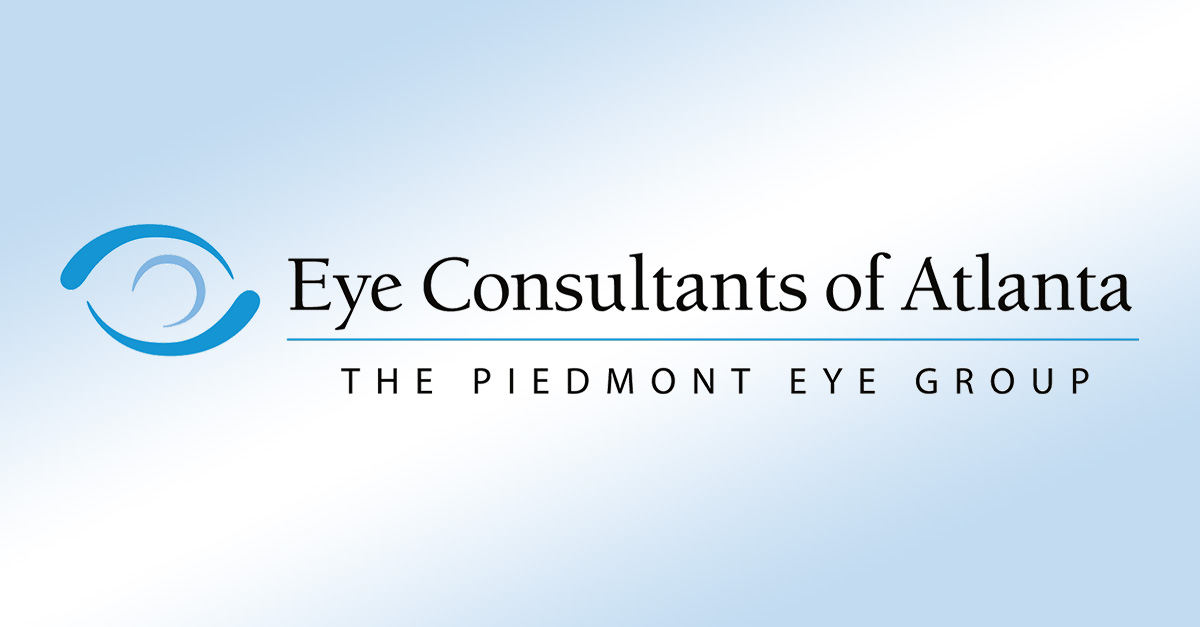Although many contact lens wearers probably don’t closely examine the packaging prior to popping in a new pair of lenses, a quick check of the expiration date is an important step for proper eye care. Many wearers might not even know that contact lenses do in fact have an expiration date and should not be worn after that date.
We’ve got your guide to proper contact lens care and best practices.
Why Do Contact Lenses Expire?
Contact lenses are classified as a packaged medical device. The lenses are sterilized and packaged in sealed containers prior to distribution to health care providers and consumers. Over time, the seal of contact lenses can lose their effectiveness and deteriorate, which can lead to contamination of the solution and the lenses inside. Contaminated lenses can lead to everything from irritation to infection—or worse. For that reason, all packaged contact lenses will have a printed expiration date. Usually, the expiration date is ~4 years from the date of packaging.
Where Can I Find the Expiration Date?
The expiration date for contact lenses is printed on the individual contact lens container. Specifically, you can find the expiration date on the foil cover. Information that can be found here includes the contact lens brand name, contact lens material, manufacturer name, lens diameter, lens power, the base curve of the lens, lot number, and—most importantly—the expiration date.
Can I Wear Expired Lenses?
Beyond the expiration date posted on the contact lens packaging, manufacturers cannot guarantee that the lenses are safe to wear. Therefore, expired lenses should not be worn. As the packaging ages and deteriorates, the contents of the packaging—the lenses and the saline solution—can become compromised and contaminated. Bacteria, amoebas, and fungi are just a few of the outside intruders that could work their way into your expired contact lens packaging. What’s the worst that could happen? Well, contaminated lenses could lead to a myriad of eye health problems, some of which can have serious complications, like blindness. Wearing expired contacts is simply not worth the risk!
What Are the Symptoms of an Eye Infection?
Though rare, symptoms of an eye infection or other issue caused by contaminated or expired contact lenses can include:
- Redness
- Blurry vision
- Swelling
- Sensitivity to light
- Itching
- Burning
- Extra tears
- Gooey eye buildup
- Eye pain
If you think you have an eye problem or infection of any kind, seek medical assistance from your eye care professional immediately.
What Should I Do With Expired Lenses?
The best way to dispose of expired contact lenses is to throw them away in a trash bag. Do not flush contacts or wash them down a drain. If contacts are flushed and not properly filtered out of sewage water, they end up in local streams and rivers, harming wildlife. If you’re looking for a more environmentally-friendly alternative, consider wearing glasses more often. Or, consider corrective eye surgery to eliminate the need for contacts altogether!
Remember that your contact lens prescription will, in most cases, expire after one year. An annual eye exam is required to make sure your prescription is up to date and adjusted for any natural changes with your vision or eye health. So, resist the urge to crack open that box of forgotten contacts in the back of your cabinet and, instead, make sure your contacts are up to date and match your latest prescription.
Need a contact prescription refresh? If you’re in the Atlanta area, contact us today to schedule your consultation.

